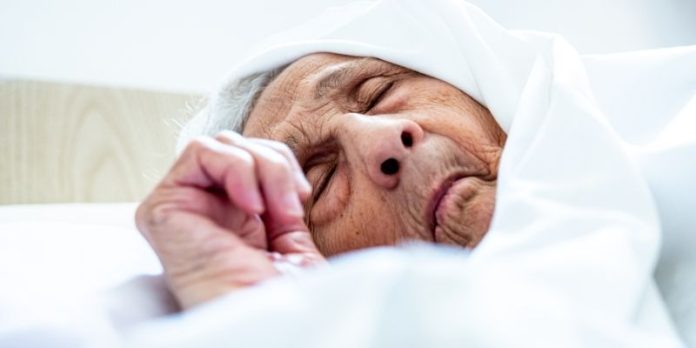People from diverse backgrounds must be included in the development of healthcare policies to ensure all groups’ needs are met, new research into palliative care for the Muslim community has found.
The study investigated the experience of British Muslim people and their families who were accessing palliative care services during the COVID-19 pandemic.
It found that language barriers, problems using or accessing smartphones, and uncertainty about how to access information led to a sense of exclusion from COVID-19-related policies and messaging for this population. An apparent lack of consideration of important festivals in the Muslim calendar in the implementation of policies around lockdowns only exacerbated this problem.
The researchers say that this highlights the need for people from minoritised ethnic groups to be involved in the design and delivery of health and care policies and messaging, to ensure that people from all backgrounds can access healthcare services, understand how to get the help they need, and advocate for their own and their family members’ needs, no matter what their background.
Dr Gemma Clarke, Senior Research Fellow in the University of Leeds’ Academic Unit of Palliative Care, said: “Our study provides a unique view on the experiences of British Muslims during the pandemic. It shows the hidden work, challenges and emotional stress taken on by carers during this time.
“The findings highlight how crucial it is that people from minority backgrounds are consulted when healthcare policies are designed to avoid marginalising populations, especially during vulnerable times in their lives.
“We hope that our findings will help shape future delivery of culturally aware and inclusive healthcare.”







